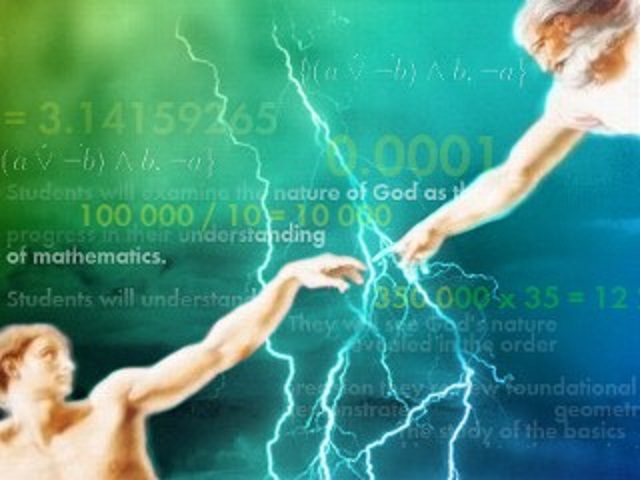Two psychologists in Finland have concluded that religious believers are bad at math and physics, have poor mechanical abilities and don’t have a good sense of the physical and biological world.
In their study published in Applied Cognitive Psychology, the Helsinki-based pair of Marjaana Lindeman and Annika Svedholm-Häkkinen determined that believers struggle to understand the physical world, after speaking with 258 Finnish participants and inquiring about their religious beliefs.
The results showed that supernatural beliefs correlated “with low systemizing, poor intuitive physics skills, poor mechanical ability, poor mental rotation, low school grades in mathematics and physics, poor common knowledge about physical and biological phenomena, intuitive and analytical thinking styles, and in particular, with assigning mentality to non-mental phenomena,” the pair found.
The authors also interpreted their findings as saying that religious believers exhibit certain characteristics “found among individuals with Autism spectrum disorder.”
Critics of the study have noted that many people move between atheist and believer several times in their life, presumably without similarly fluctuating in their grasp of the physical world.
Moreover, results of the study seem to fly in the face of the historical record, since many of the world’s brightest minds have been religious believers. According to the research of John Galbraith Simmons, of the top twenty scientists in history, fifteen were religious believers, two were agnostic, and three were atheists.
Sir Isaac Newton, for instance, whom Simmons considers to be the most important scientist who ever lived, was aided greatly in his scientific endeavors by his belief in an ordered, intelligible universe created by a God of order.
Thus Newton could write: “It is the perfection of God’s works that they are all done with the greatest simplicity. He is the God of order and not of confusion.” Newton saw no incompatibility between his Christian faith and the purity of his science, but rather believed that they complemented one another. “In the absence of any other proof, the thumb alone would convince me of God’s existence,” he wrote.
The French scientist Louis Pasteur, founder of modern medicine and number five on Simmons’s list, was a devout Catholic Christian as well as the developer of the germ theory of disease and the process of “pasteurization.” He was able to wed an endearing humility and rich religious faith to scientific genius. “I have the faith of a Breton peasant,” he said later in life, “and by the time I die I hope to have the faith of a Breton peasant’s wife.”
For some, in fact, every scientific discovery leads humanity to a deeper understanding of God, rather than to doubting his existence.
Joseph H. Taylor Jr., Nobel Prize winner in Physics in 1993, wrote: “A scientific discovery is also a religious discovery. There is no conflict between science and religion. Our knowledge of God is made larger with every discovery we make about the world.”
If this is true, then Lindeman and Svedholm-Häkkinen may end up leading the world to a better understanding of its Creator, in spite of themselves.
Follow Thomas D. Williams on Twitter Follow @tdwilliamsrome

COMMENTS
Please let us know if you're having issues with commenting.